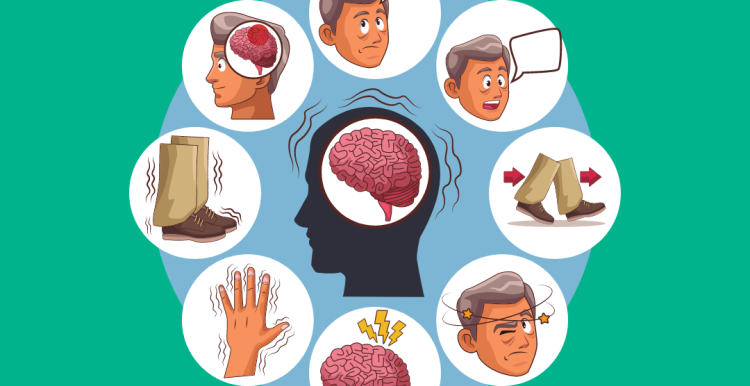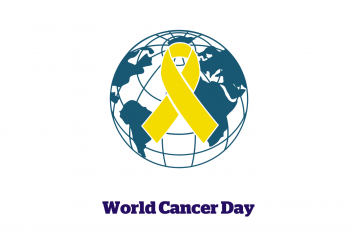Schizophrenia is not as uncommon as you think

What is schizophrenia?
Schizophrenia is a very complex condition that can affect how a person thinks, feels, and experiences the world around them. Schizophrenia doesn't mean split personality – the term actually means schizo (to split) and phrene (the mind). While schizophrenia is an official diagnosis, people can often experience very different symptoms. The most common symptoms can include:
- Audio hallucinations (hearing voices)
- delusions
- disorganised thinking
- changes in body language or emotions
Rethink Mental Illness have created a video about 'What is schizophrenia'. Watch it here: www.youtube.com/watch?v=J1s4YCloCbo
Can people with schizophrenia recover?
When talking about mental illness, the term 'recovery' is used more to mean regaining a good quality of life, rather than 'being cured'.
For some people, schizophrenia will be a life-long condition that will need day to day management. This can often be a combination of medication, Talking Therapies (such as CBT or actively engaging with their hallucinations) and a good support network.
Approximately 1 in 4 – 5 people with schizophrenia will recover completely and go on to live independently without further episodes.
Living with schizophrenia is not, and should not be, a barrier to employment, personal relationships, and having a good quality of life.
Here’s what you need to know about Schizophrenia:
- Schizophrenia is a mental illness that affects the way you think
- It affects about 1 in every 100 people
- Schizophrenia may develop during early adulthood
- There are different types of schizophrenia
- You may experience 'positive' and 'negative' symptoms of schizophrenia
- Positive symptoms are when you experience things in addition to reality. For example, you might see or hear things that others don't. Or believe things that other people do not.
- Negative symptoms are when you lose your ability to do something. For example, losing motivation to do things or becoming withdrawn. They often last longer than positive symptoms.
- Professionals aren't sure of what causes schizophrenia. There may be many different causes. The main factors that can contribute towards the development of schizophrenia are believed to be genetics and the environment.
- There are many different types of treatment available for schizophrenia, such as medication and psychological treatments.
How is it diagnosed?
Only a psychiatrist can diagnose you with schizophrenia after a full psychiatric assessment. You may have to see a psychiatrist a few times before they diagnose you. This is because they need to see how often you are experiencing symptoms.
There are currently no blood tests or scans that can prove if you have schizophrenia. Psychiatrists use manuals to diagnose schizophrenia and other mental illnesses. The manuals explain which symptoms should be present, and for how long for you to receive a diagnosis.
What causes schizophrenia?
Nobody knows exactly what causes schizophrenia. It is likely to be the result of several factors. For example:
- Stress – some people can develop the illness as a result of a stressful event, such as the death of a loved one or the loss of a job.
- Genetics – you are more likely to develop schizophrenia if you have a close relation with the illness.
- Brain damage – this is usually damage that has stopped your brain from growing normally when your mother was pregnant or during birth.
- Drugs and alcohol – research has shown that stronger forms of cannabis increase your risk or developing schizophrenia.
- A difficult childhood – if you are deprived, or abused, as a child this can increase your risk of developing a mental illness.
There is also research to suggest that there may be an association between menopause and schizophrenia. This may be due to the hormonal changes during this stage of life for women.
What is the treatment?
There are various ways you can manage your schizophrenia, for example:
- joining a support group
- Recovery colleges
- peer support through the NHS
- Self management techniques
- taking control of the voices
Do you, or someone you know, get the support you need for your mental illness?
Tell us your story HERE
Do you or someone you know suffer with schizophrenia? Would you like to share your personal experiences or how your treatment went? We value all feedback, and you can share your experiences with us here


